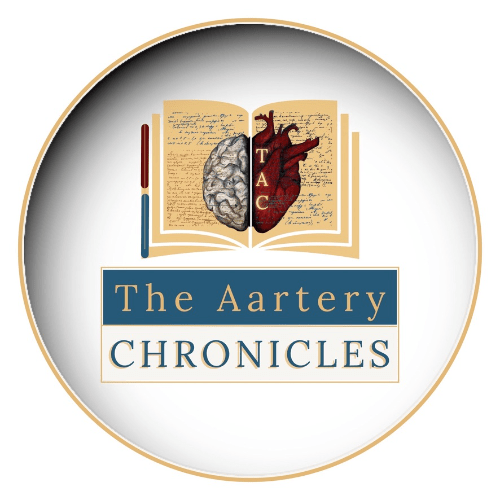
FDA Approves Vorasidenib: A New Hope for Glioma Patients
The FDA recently approved vorasidenib for treating Grade 2 astrocytoma or oligodendroglioma the first approval for targeted therapy for such tumors.
What is Glioma?
Glioma is the most frequent form of brain tumor originating from the glial cells. Gliomas typically affect the surrounding tissues of the brain.
Gliomas are classified based on genetic and molecular markers and graded according to the proliferation degree.
The three common types of gliomas are categorized based on phenotype cell characteristics including:
- Oligodendrogliomas
- Ependymomas
- Astrocytoma’s
Signs and Symptoms
The most common initial presentation is headaches, however, depending on the location of tumors in the brain, some other signs may include:
- Behavioural changes
- Receptive speech problems
- Nausea
- Vomiting
- Change in vision
- Seizures
- Weakness
- Lack of energy
- Tingling sensations
Recent FDA Approval
The Food and Drug Administration recently approved vorasidenib for the treatment of Grade 2 astrocytoma or oligodendroglioma the first approval for targeted therapy for such tumors
Safety And Efficacy of Vorasidenib
- The evaluation of efficacy was done in 331 patients enrolled in the INDIGO trial having grade 2 astrocytoma or oligodendroglioma (with IDH-1 or 2 mutations) post-surgery.
- INDIGO is a double-blind, multicenter, randomized, placebo-controlled trial
- The prime efficacy outcome was progression-free survival (PFS) assessed by the blinded independent review committee
- Prevalent adverse effects were headache, fatigue, COVID infections, seizures, and nausea.
- The significant sign of efficacy is considered the 61% reduction in the risk of tumor progression.
The recommended dosage of vorasidenib for adults is 40 mg once a day till the progression or toxicity.
Impact on the treatment landscape
- Vorasidenib can help push the use of other toxic therapies such as chemotherapies and radiotherapies for a significant number of years
- As the drug is orally available, does not impact the quality of life and cognition, and is also generally tolerated, people’s lives can be extended considerably.










